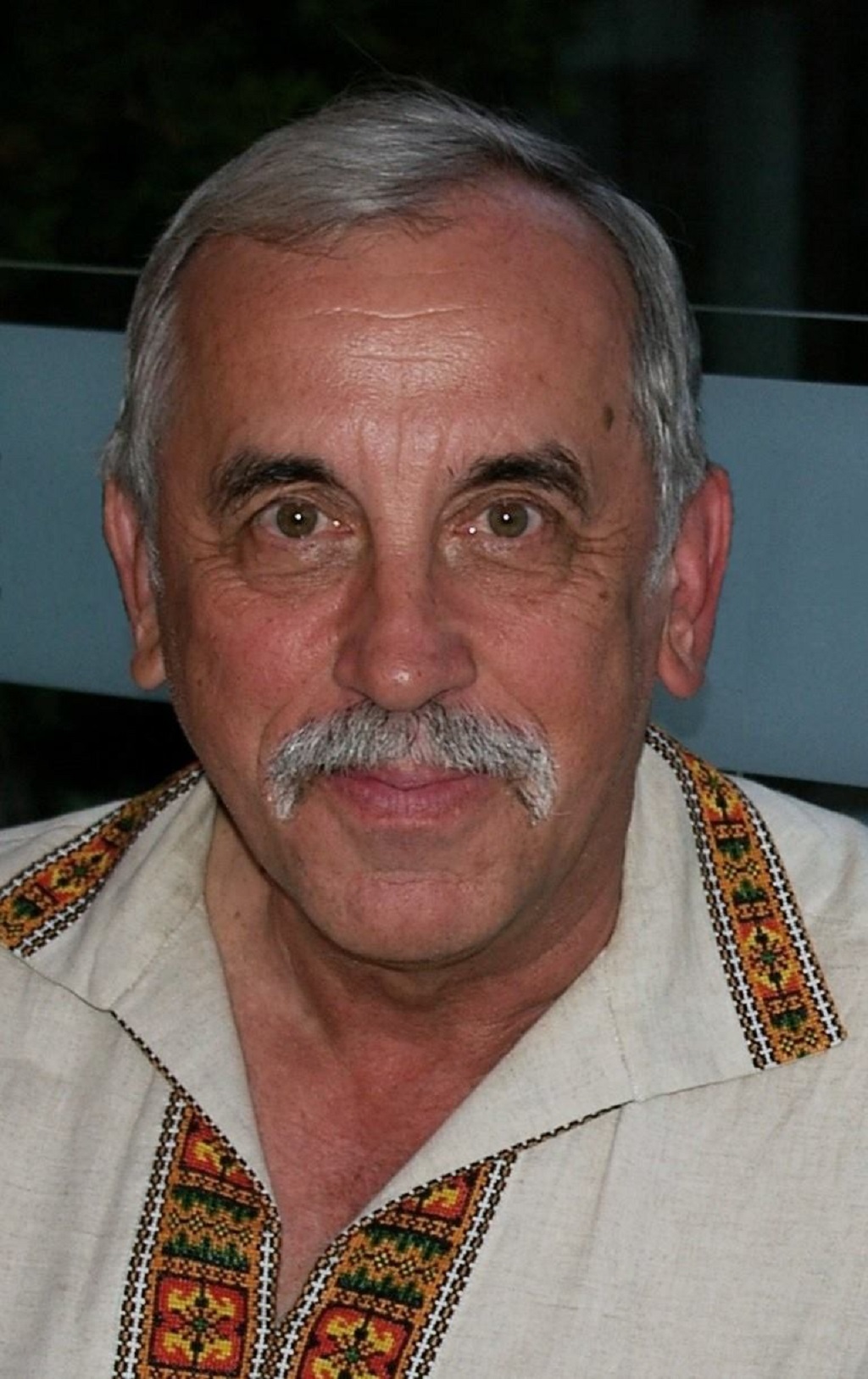Volodymyr Kish.
In my last column, I delved into the heated debate that ensued in the diaspora following the publishing of an article by The Atlantic Council written by Professor Alexander Motyl of Rutgers University in the U.S., wherein he presented a rather optimistic and laudatory assessment of the reforms that have happened in Ukraine since the Revolution of Dignity in 2014. This elicited a blistering attack in the English language Kyiv Post newspaper that slammed Motyl’s analysis claiming that the lack of any meaningful anti-corruption reform outweighed all else.
Since then, numerous other diaspora authorities have weighed in strongly on both sides of this debate. Among them is Basil Kalymon, Professor Emeritus of Canada’s Richard Ivey School of Business who penned his own analysis of the current state of affairs in Ukraine. While acknowledging that some notable progress has been made in terms of economic reform, he was generally in agreement with the Kyiv Post assessment that the serious lack of meaningful changes in addressing corruption and judicial reform rendered all talk of reform moot. Foreign investment in Ukraine pales in comparison to that in neighbouring Central European countries.
Former Canadian Ambassador to Ukraine Derek Fraser offered a more measured response by stating that “Building a stable democracy and a mature market economy is a work of generations. There are many countries, like Turkey, which face a smaller change with less success than does Ukraine.”
The strongest defense of the current Ukrainian government’s reform program came from Canadian lawyer Danylo Bilak, who currently heads Ukraine’s Ministry of Finance Investment Support Office. Bilak has worked in Ukraine in both private and public sector roles for over two decades and has extensive experience and expertise in Ukrainian affairs. In a lengthy rebuttal of Kalymon’s diatribe, he characterized Kalymon’s views as “uninformed opinion”, unsubstantiated by proper research and fact. He offers as evidence the significant recent improvements in GDP growth, reduced inflation and currency stabilization and quotes numerous international investors who claim there has been dramatic improvement in transparency and a corresponding decline of corruption leading to increased foreign investment. He cites significant improvements in the banking, gas, electricity, procurement, regulatory, and administrative decentralization sectors. He notes that though judicial reform has been slow in getting off the ground, the momentum is increasing steadily and the changes that have already been made are having a significant and growing impact on Ukraine’s civil society.
Although I consider myself reasonably well informed about what is happening in Ukraine, I cannot claim to be an expert like Alexander Motyl, Basil Kalymon, Derek Fraser or Danylo Bilak. I am aware that the core issues behind this debate are understandably causing a great deal of polarization within Ukraine as well as the diaspora. I am however, somewhat troubled to find that this same polarization is also affecting the academic, economic and political expert elites. There appears to be no real consensus on this quintessential “cup half empty, cup half full” debate, and the dialogue is getting more heated and unfortunately personal.
In my view, the crux of it all resides in each individual’s beliefs as to what are the most important factors and principles in establishing and maintaining a strong, democratic and successful nation state. To some, the most important cornerstone is the rule of law and order and the corresponding judicial infrastructure that enforces it. Without this, the economic, social and political life of a nation state cannot function equitably to the benefit of all members of society. By this measure, the argument could be made that Ukraine currently falls way short of where it should be.
On the other hand, the more pragmatic individuals would say that there is not one cornerstone that is more important than all others. To be successful, a nation must concurrently address a number of important requirements, including security of its people and territory, creating conditions for a strong and growing economy, ensuring human rights and justice, providing the basics in health, education and welfare, and ensuring that the government infrastructure is based on democracy and transparency. On this basis, one could reasonably argue that Ukraine has made commendable strides since the time of the Maidan.
I wish I could be as certain in my views as some the experts cited above. They all make some valid points and arguments, the end result in my mind being the realization that there is no black and white answer, only a complicated scenario with a lot of shades of gray. Should we look upon what is happening in Ukraine through a lens of pure ideology, or should pragmatism drive our views and conclusions? That is a question that the Ukrainian electorate will soon have to answer.
Share on Social Media




































